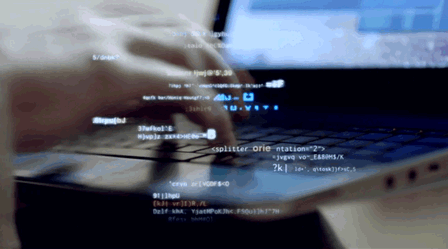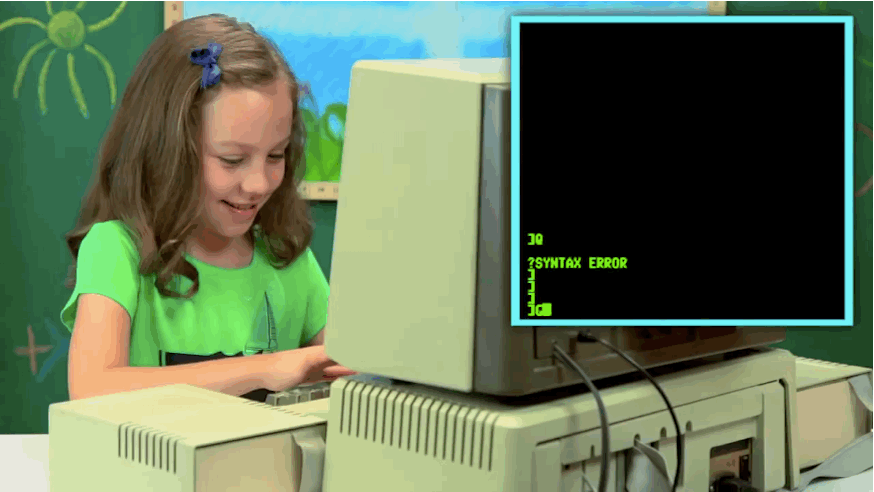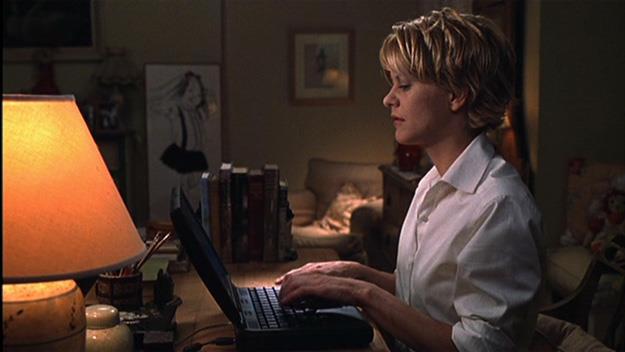According to The Australian Security Industry Association Limited (ASIAL), cyber crime is on the rise in Australia.
Over 306 million people have had their password leaked online.
Have I Been Pwned is a new website which allows people to check and see if they have been the victim of a personal data breach online.
A personal data breach is where a hacker illegally obtains data from an unprotected system, usually by getting and using your password.
Your password is the key to all of your information on and offline. When your password is compromised, it means your identity and personal information could be at risk.
The website Have I Been Pwned is intended as a map of email addresses and usernames affected by online breaches, allowing people to assess risk concerning their account being caught up in a violation.

How does Have I Been Pwned work?
Staying on top of your internet security may seem like a daunting task, but the risk of doing nothing is greater.
This website works by getting users to type their password into a search bar, which then finds vulnerable software and platforms online to see if the password and email address is at risk.
For those concerned about the intent or security of the site, the advice from website founder Troy Hunt is simple, “don’t use it”.
He also advises against using your current password on this or any third-party website service site.

Troy Hunt also runs a popular blog helping to educate people about the importance of data security. It is on this blog that Troy divulges a little more information to the site.
“If the password alone comes back with a hit on this service, that’s a very good reason to no longer use it regardless of whose account it originally appeared against” he explains.
“As well as people checking passwords they themselves may have used, I’m envisaging more tech-savvy people using this service to demonstrate a point to friends, relatives and co-workers: ‘you see, this password has been breached before, don’t use it’.”
“Use this data to do good things.” He says. “Take it as an opportunity to not just reduce the risk to the service you’re involved in running, but also to help make people aware of the broader risks they face due to their password management practices.”
“When someone gets a “hit” on a Pwned Password, help them understand the broader risk profile and what this means to their personal security.”
How to keep your family safe online
This handy list will help you keep yourself and your family safe online.
• Treat your password like your toothbrush – don’t share it with anyone and change it regularly
• Revisit your privacy settings to protect your personal information
• Nude pics can spread quicker than a virus – reconsider the types of pics you send
• Don’t act in the heat of the moment – stay calm and chill
• When cyberbullying gets you down, report it: esafety.gov.au/reportcyberbullying
• What you post online stays online – think about your digital reputation


